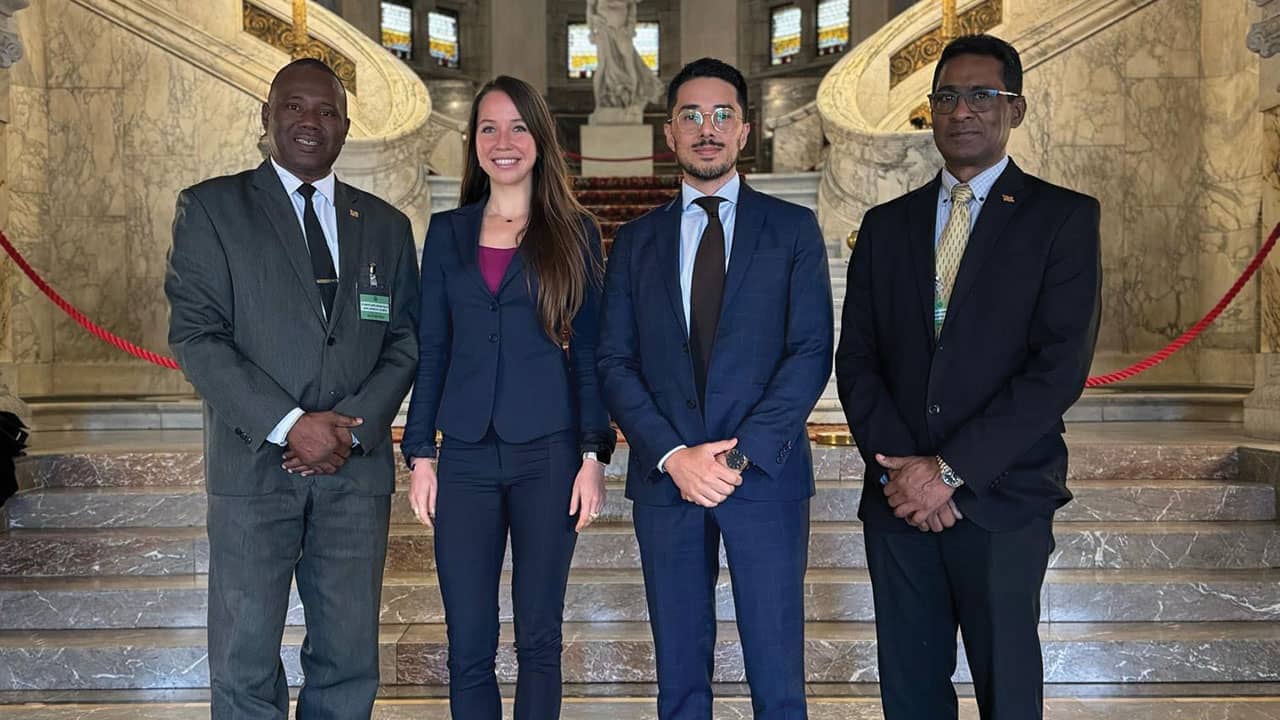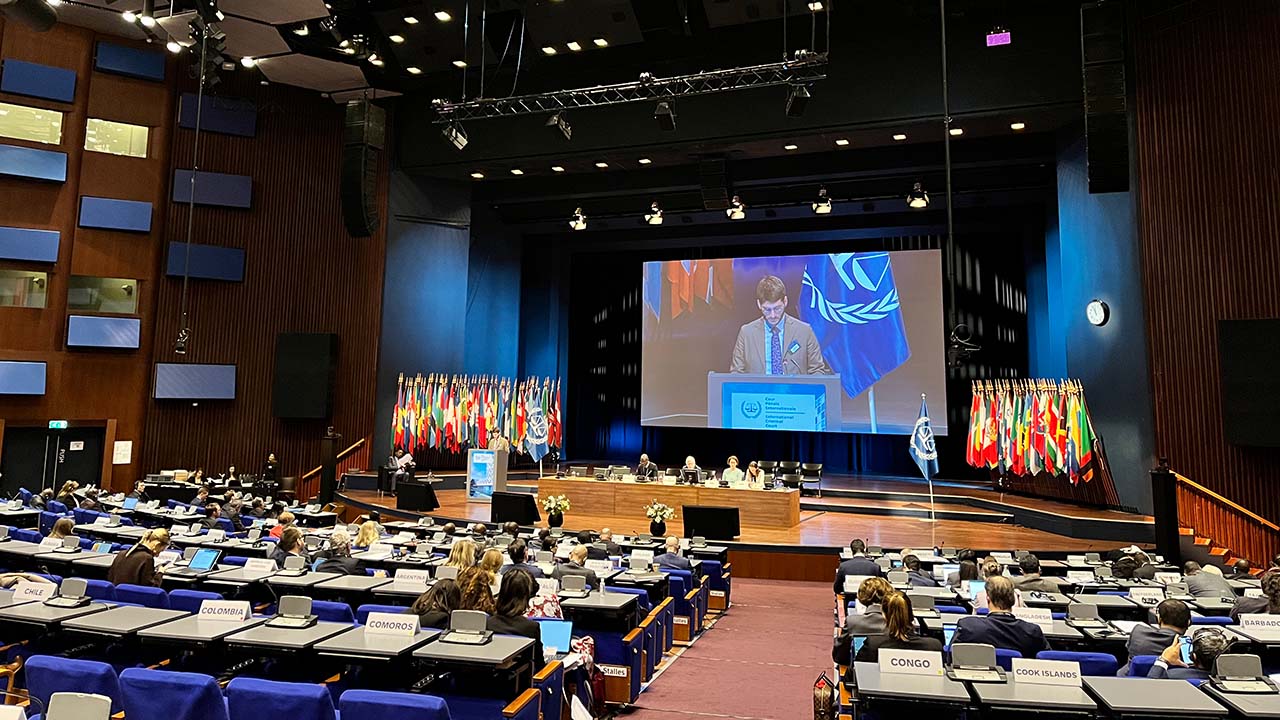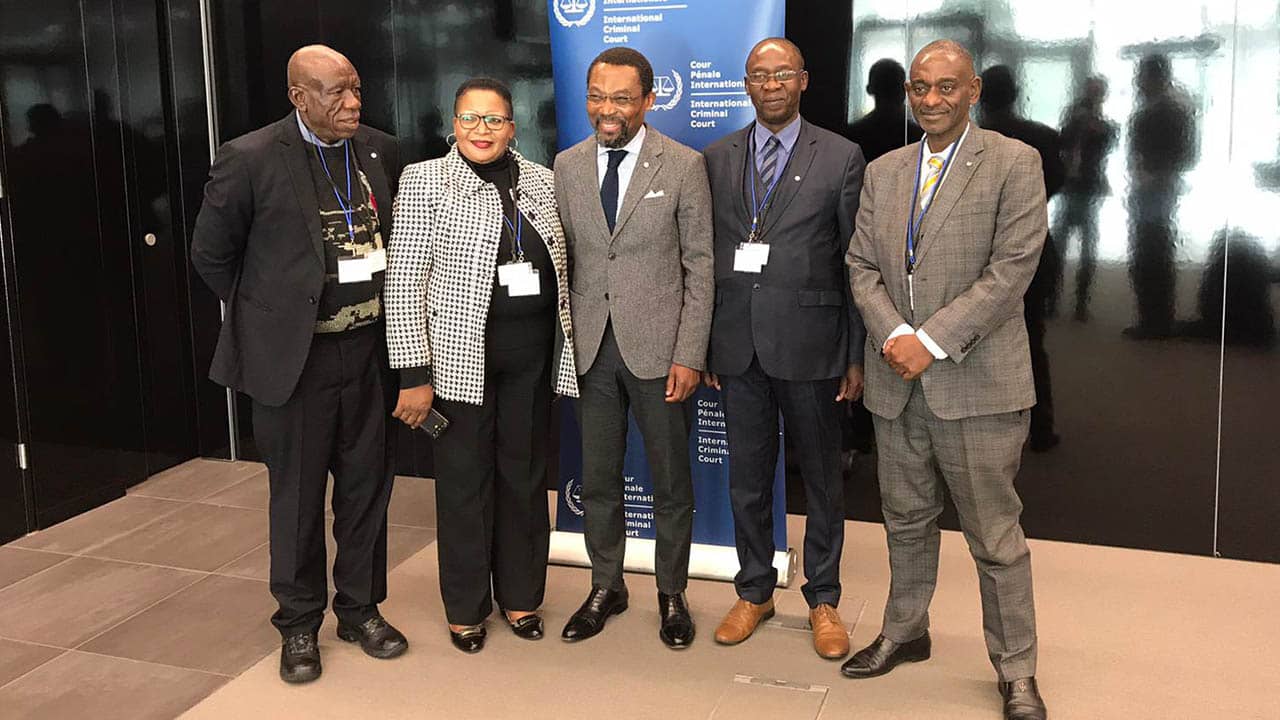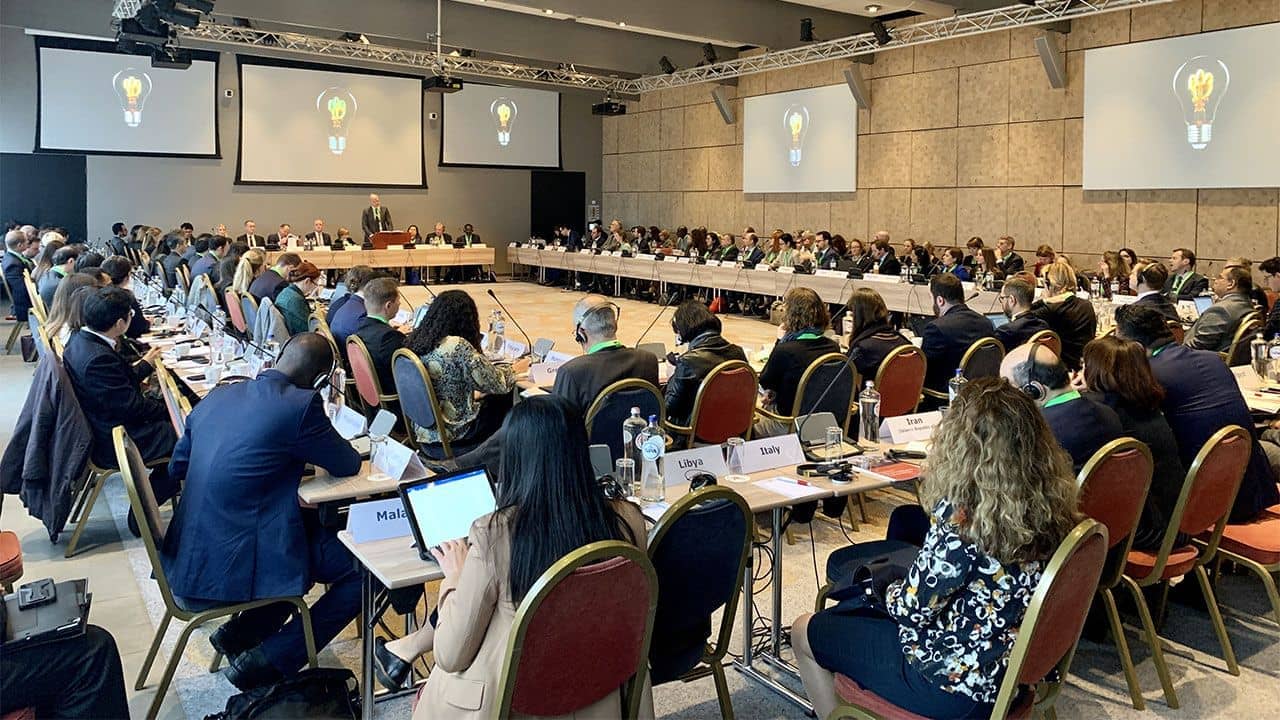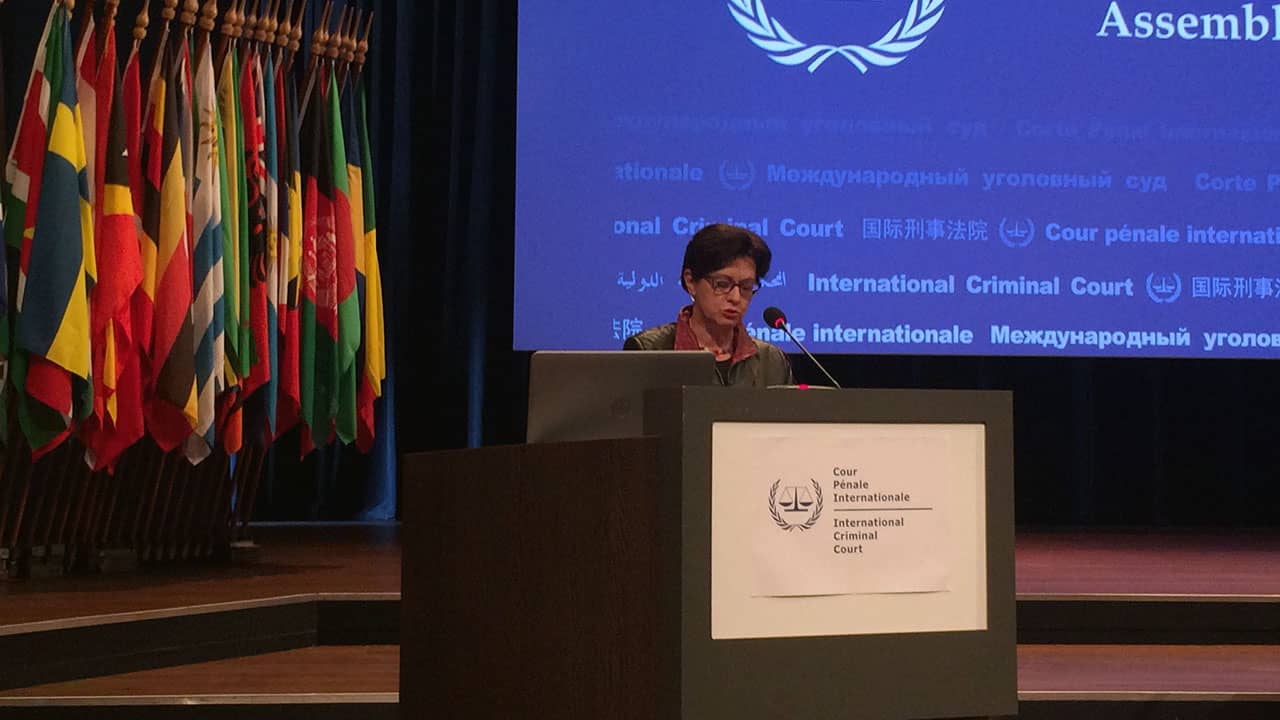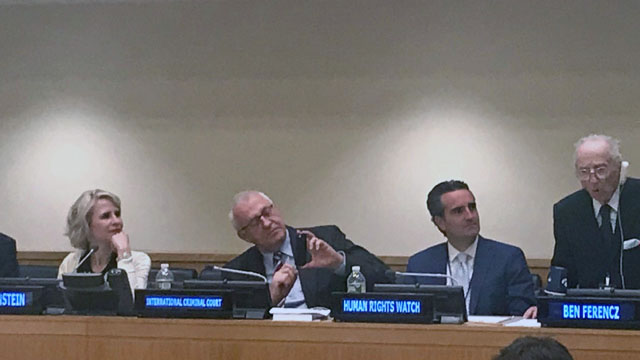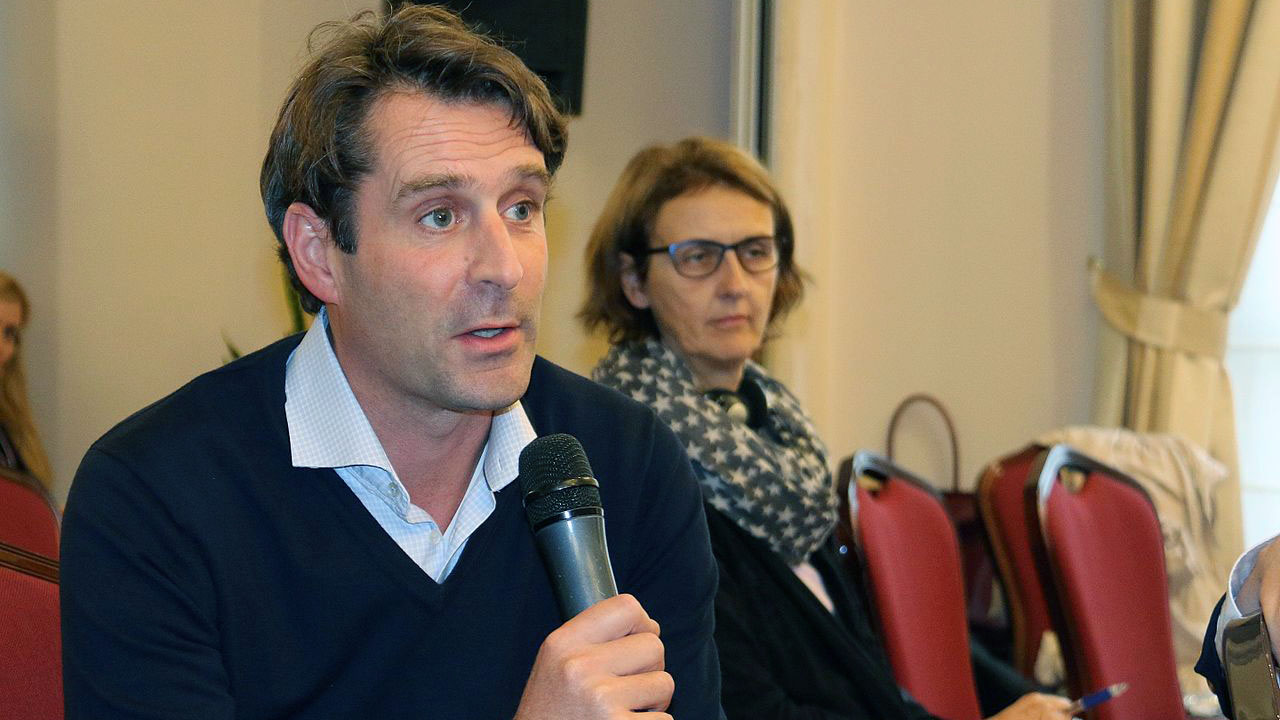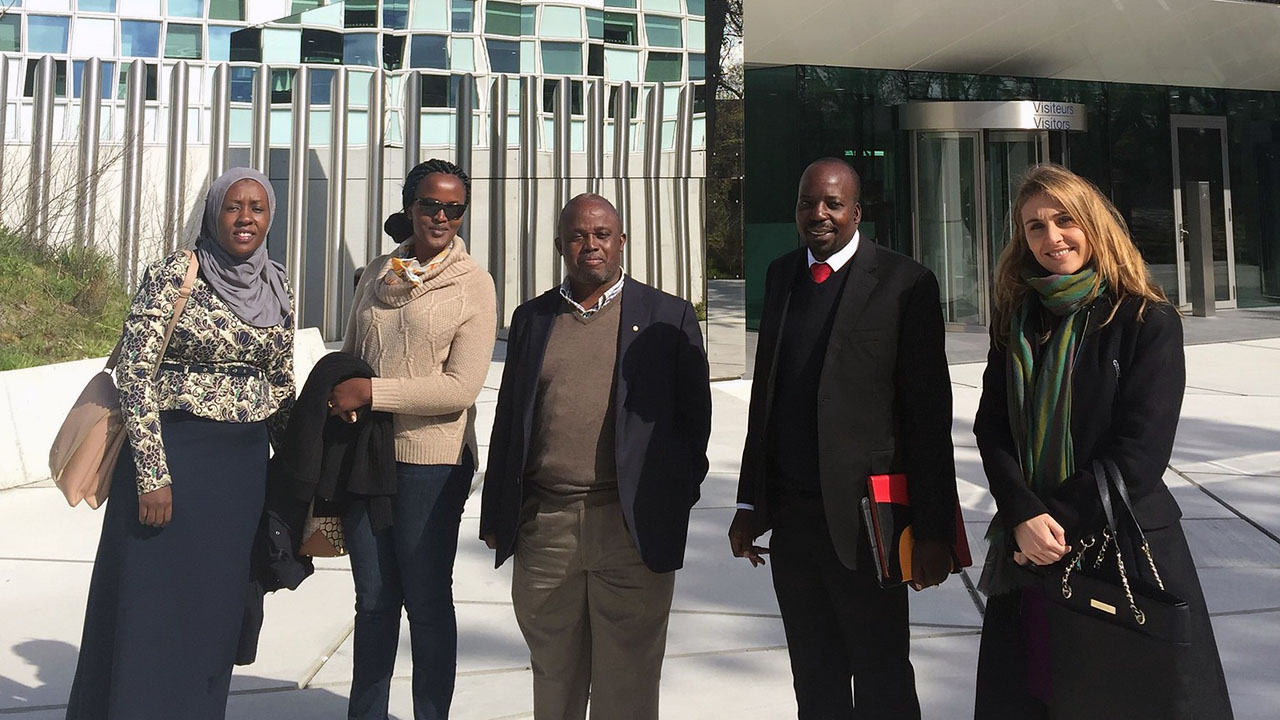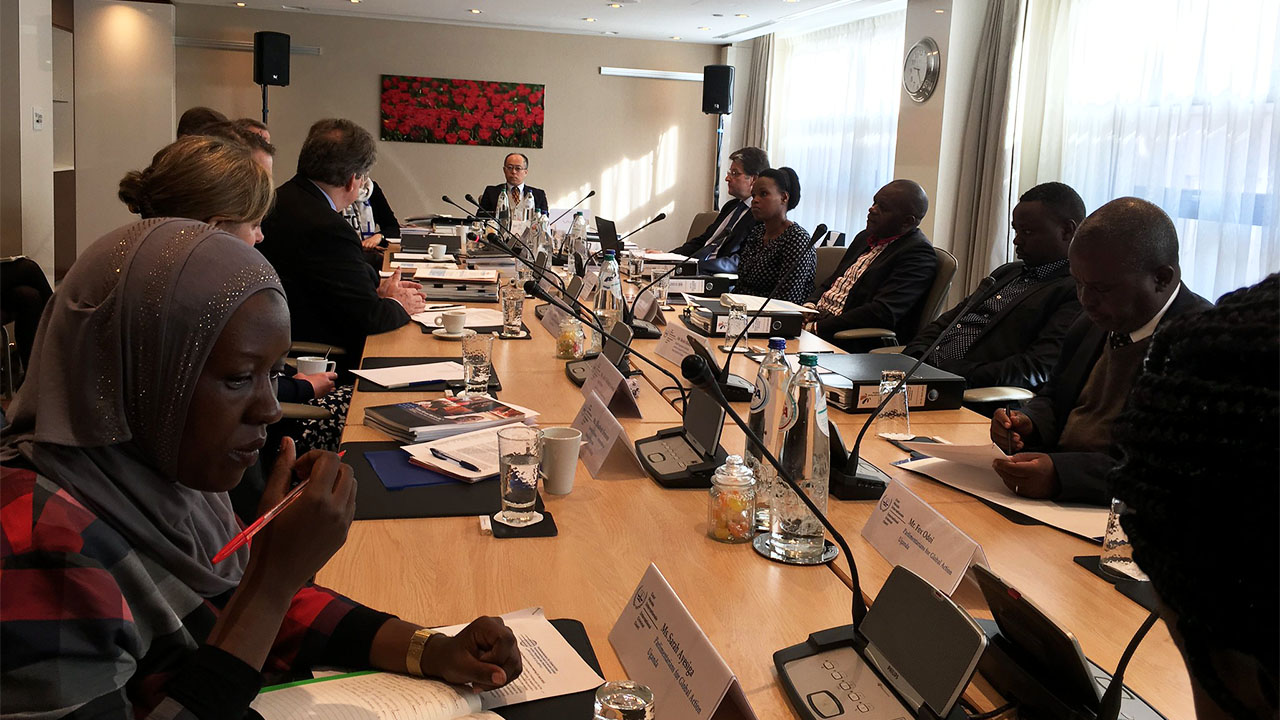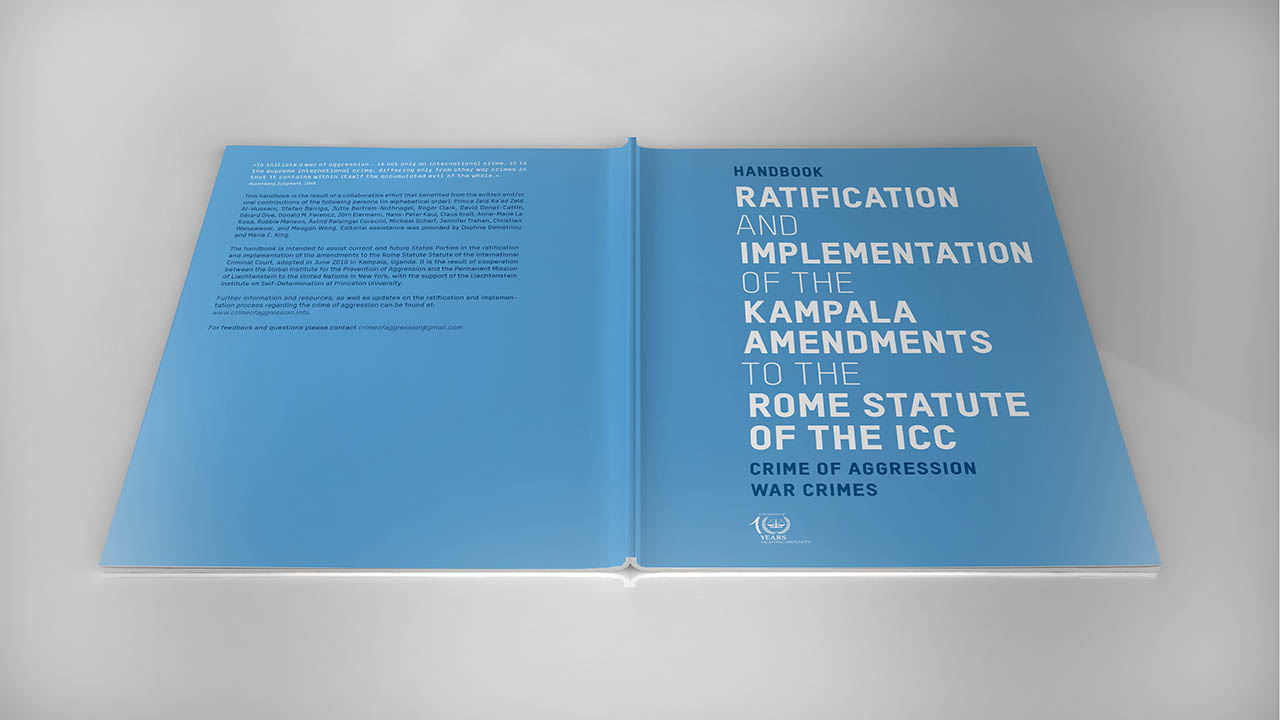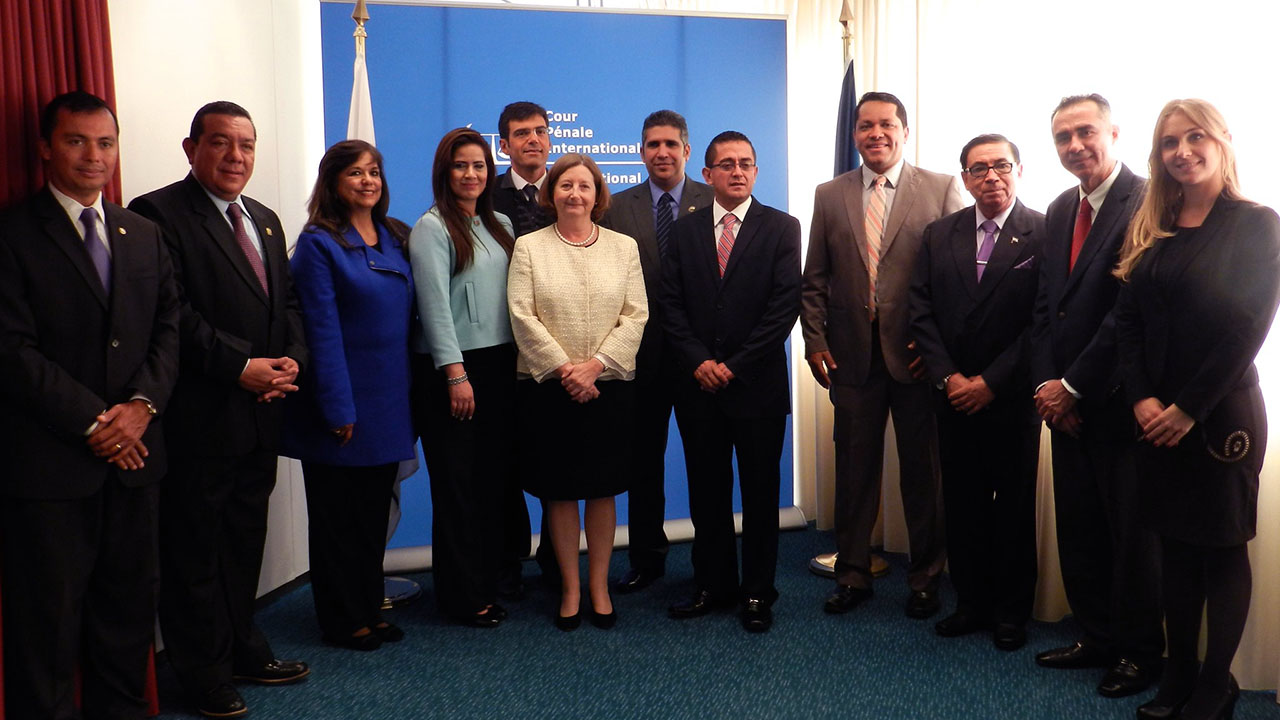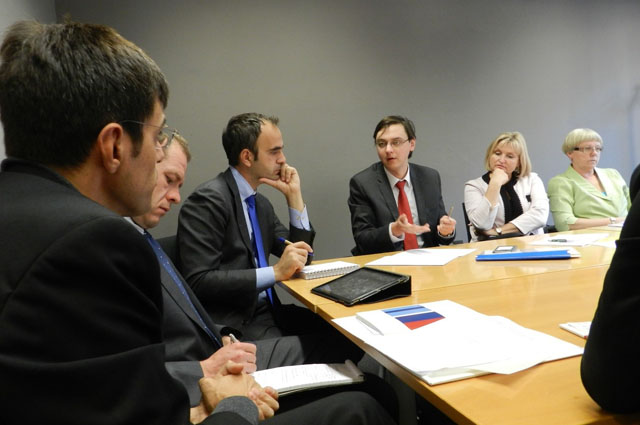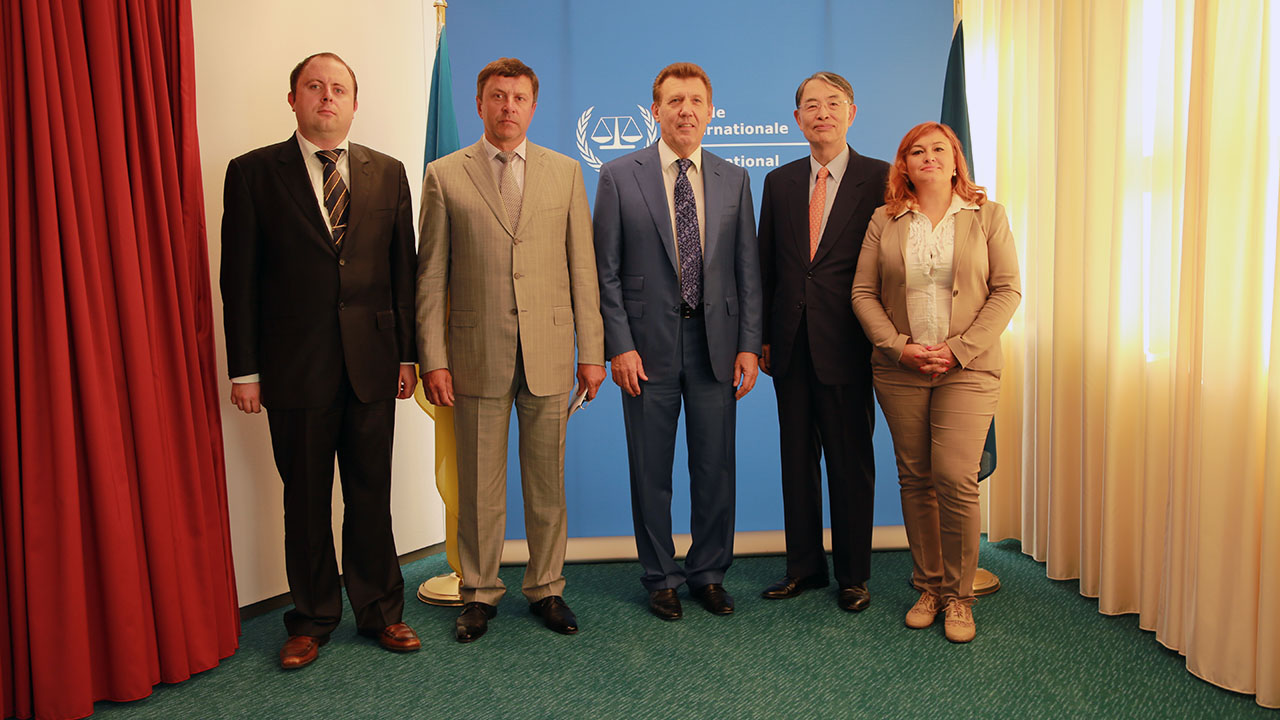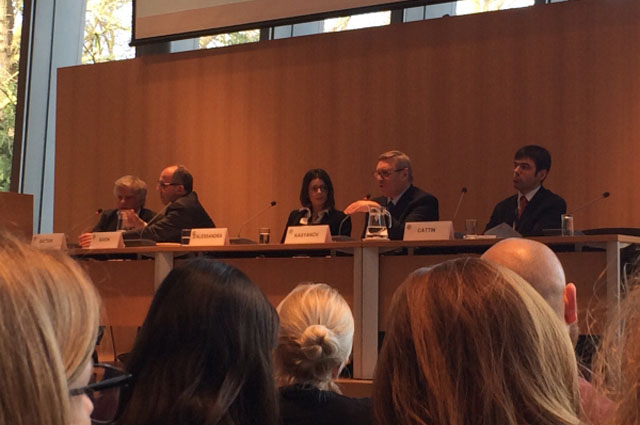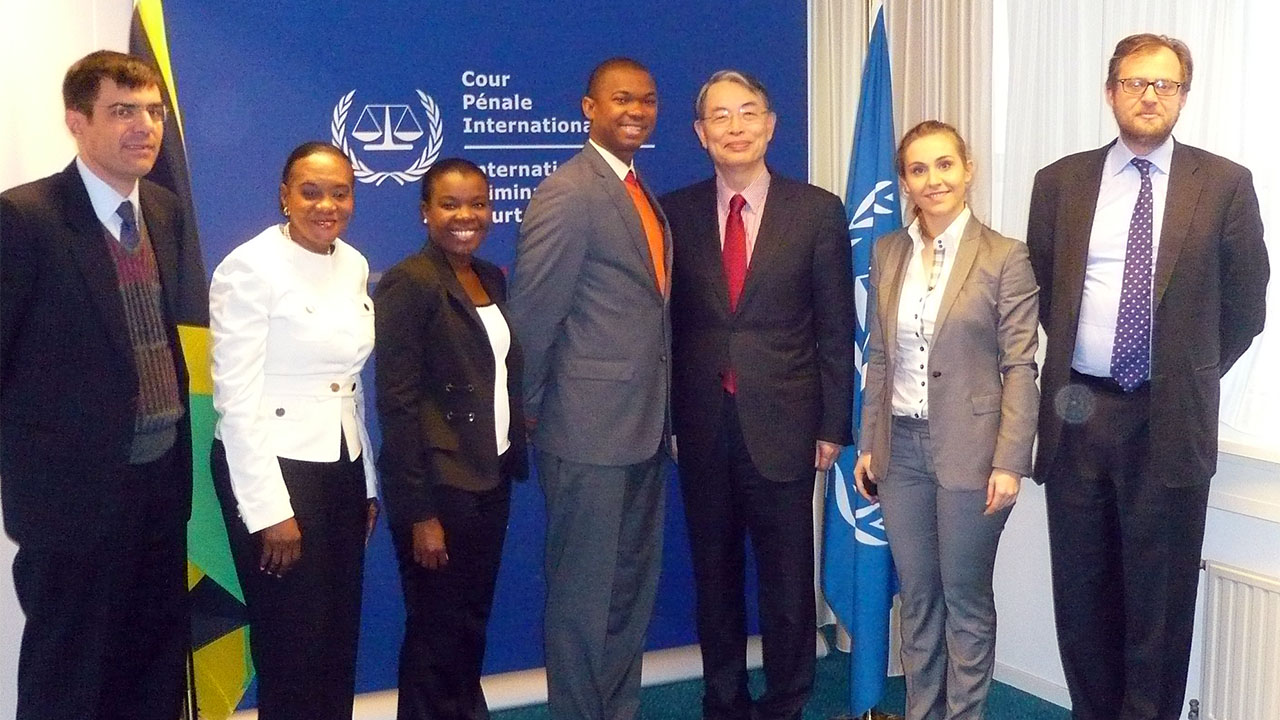Rome Statute
Netherlands signed the Rome Statute on 18 July 1998 and deposited its instrument of ratification of the Rome Statute on 17 July 2001.
Ratification of the Agreements on Immunities and Privileges
Netherlands signed the APIC on 11 September 2003 and ratified on 24 July 2008.
Kampala Amendments of 2010
The Netherlands has not yet ratified the Amendments to the Rome Statute adopted by the 2010 Review Conference (Kampala Amendments) on the crime of aggression and on the use of certain weapons in armed conflict not of an international character. However, it did attend the Review Conference and joined the consensus to adopt the two Kampala Amendments.
Status on the domestic implementation of the Rome Statute
The ICC Implementation Act, came into force on 1 July 2002. The Act includes provisions on cooperation and gives the Dutch Government a statutory basis for transferring suspects to the ICC. Similar provisions on protection, guard and transport of suspects to the Court are included. Legal assistance provision to the Court is also foreseen.
The International Crimes Act came into force on 1 October 2003.
Agreement on Privileges and Immunities of the Court (APIC)
Netherlands signed the APIC on 11 September 2003 and ratified on 24 July 2008.
Additional Agreements
The Rome Statute, under Article 3, paragraphs 1 and 2, provides that the seat of the Court shall be established at The Hague in the Netherlands. The Netherlands and the Court have therefore signed a “Headquarters Agreement between the International Court and the Host State”, which entered into force on 1 March, 2008.
The Netherlands has not signed a Bilateral Immunity Agreement.
As a member of the European Union, and as signatory of the revised EU-ACP Cotonou Agreement, the Netherlands has recognized the importance of the ICC as a mechanism for peace and international justice, and has committed to promote the ratification and implementation of the Rome Statute, to seek to take steps towards ratification and implementation of the Rome Statute, and to fight against international crime giving due regard to the Rome Statute.
Progress and PGA Action
PGA Members have taken an active role in the implementing legislation processes in the Netherlands
In October 2011, PGA Member Mr. Harry van Bommel, MP, participated in Consultations on the Rule of Law and Justice held in the Parliament of Bangui, organized by PGA, in cooperation with the National Assembly of CAR.
On 27 January, 2009, Dutch Parliament PGA Member Pieter Omtzig presented an amendment to Council of Europe’s Parliamentary Assembly Resolution 1644, submitted by former German minister of Justice, Human Rights rapporteur of the APCE and also member of PGA, Dr. Herta Daubler Gmelin. This resolution calls for UN members to remedy weaknesses of 1593 resolution, which remits to ICC the situation of Darfur but limits, on U.S. request, the resources that the ICC may use in their investigations. The resolution was adopted with 105 votes in favour, one abstention and one vote against, supported among others by parliamentarians from Russia and Turkey.
Dutch MPs participated in several sessions of PGA’s Consultative Assembly of Parliamentarians for the ICC and the Rule of Law: I session in Ottawa (2002), II session in New York (2003), III session in Wellington (2004) and V session in Santo Domingo (2008).

